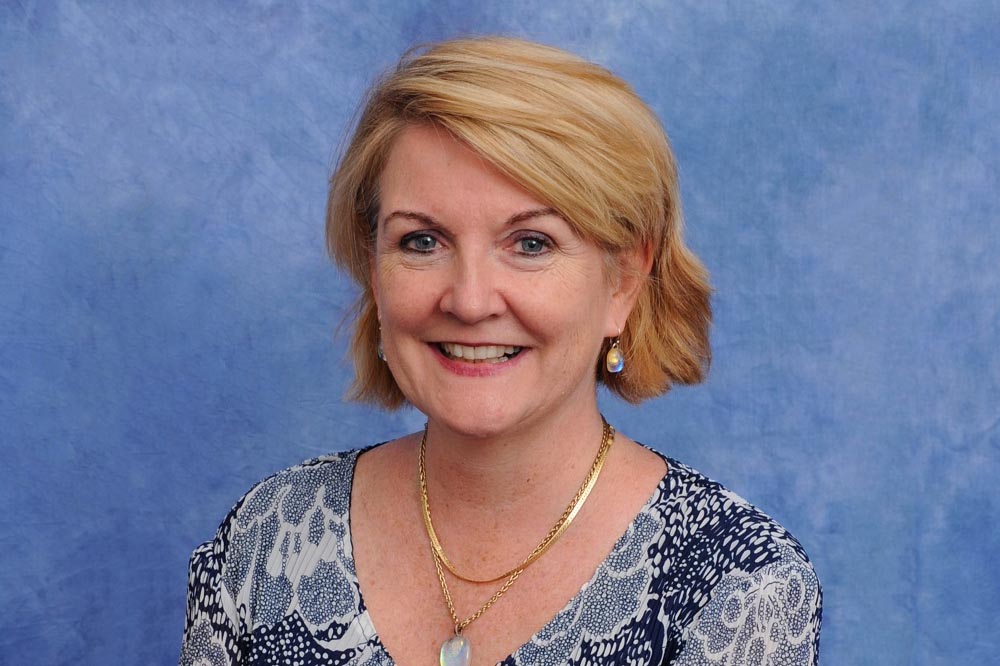
Schools, above all other institutions, understand that children are the future. However, without knowing what the future holds, educators are tasked with ensuring that young people are equipped with the mental and emotional tools to navigate uncertainty, adapt and thrive, come what may.
An equally important goal is educating young people about the world around them and the important part they can play in shaping it. One concept that schools are taking an increasing interest in when it comes to achieving this is global citizenship – the idea that one's identity transcends geography or political borders and that responsibilities or rights are derived from membership in a broader class: "humanity".
St Margaret's Berwick Grammar has been making strides in this important area of education and was recently named a finalist for the Innovation in Curriculum Design Award ahead of the Australian Education Awards 2020 in recognition of its Certificate of Global Responsibility (CGR) program.
The Certificate, developed by teachers, students and university academics, sits alongside other initiatives at the school and complements the extensive community service, leadership and knowledge programs that already exist.
Below, The Educator speaks to principal, Annette Rome, about the development of the program, how it’s shaping students’ approach to the world around them and how the school will be building on the initiative’s success in 2021.
TE: What was the thinking behind the Certificate of Global Responsibility (CGR) program?
AR: There is much in the literature that recognises the importance of global citizenship education, international mindedness and intercultural and transcultural understanding to frame what it is that students in this century and beyond need to be able to think, say and do to function effectively and compassionately in a global world. Frequent references to 21C skills refer to global citizenship (for example the Council of International Schools, P21 Project, OECD); however, there is little common agreement as to a definitive list of attributes that constitute these 21C skills and practices.
Likewise, notions of internationalisation and globalisation appear to have shaped educators’ and institutional trajectories for decades, with many recognising a lack of clarity as to the clear understanding and application of these terms. Common references to global citizenship are found in the literature of Australian National Curriculum (General Capabilities), Cambridge IGCSE, Asia Society, International Baccalaureate, United Nations and Asia-Education Foundation. This project is an attempt to clarify what it is that students must know and do so as to function as ethical citizens in a globally connected world and is linked to a PhD study currently underway at The University of Melbourne. The aim is to assist all schools on the journey to genuine global citizenship.
TE: I understand that the CGR "complements the extensive community service, leadership and knowledge programs that already exist" at the school. How so?
AR: Since the School’s formation in 1926, service learning has been a recognised priority for the school community. The girls and boys at the school have always been encouraged to show leadership of self and others and likewise academic courses such as global politics and activities such as MUNA (Model United Nations Assembly) have always been popular. This program brings together the different elements under the one experience and provides a framework with an attached micro-credential that allows the students to recognise their learning journey while making an active contribution to the world around them in line with the School’s Mission Statement: Be the best person you can be for all humanity and the planet.
TE: In what ways is the CGR currently shaping student outcomes at St Margaret's Berwick Grammar?
AR: Students have actively responded to questions of equality, injustice and sustainability for humans and/or the planet through a broad range of projects. Feedback from the students indicates that the critical thinking, philosophy and epistemological sessions have greatly aided their understanding of world events, capacity to analyse and synthesise information and have helped them devise projects based around contribution to community across national and age barriers. It has given them the impetus to approach external organisations and work with people who are different to themselves – whether they be aged care homes, the CFA, local council, local industries, universities and organisations in Australia and overseas.
TE: Are there any particular ways in which the school will be building on this program's success to help drive teaching and learning outcomes in 2021? If so, what are they?
AR: After 18 months of operating the program as a voluntary opportunity for cross age students in Years 8 - 12, the School will now be embedding the program in its full curriculum program from 2021. This will enable the involvement of an even greater number of students and teachers. Prior graduates are being invited back to not only assess current candidates, but to feed into the on-going curriculum development of the program.
A series of on-line modules are also under development so that the students can work in transnational digital learning spaces and experience firsthand the outcomes linked to interacting with those who may have very different world views – one of the cornerstones of global citizenship. This approach is also likely to be operational in a post COVID world that we anticipate may assist with the maintenance of youth well-being through linking across borders in a time when travel may be severely limited.


